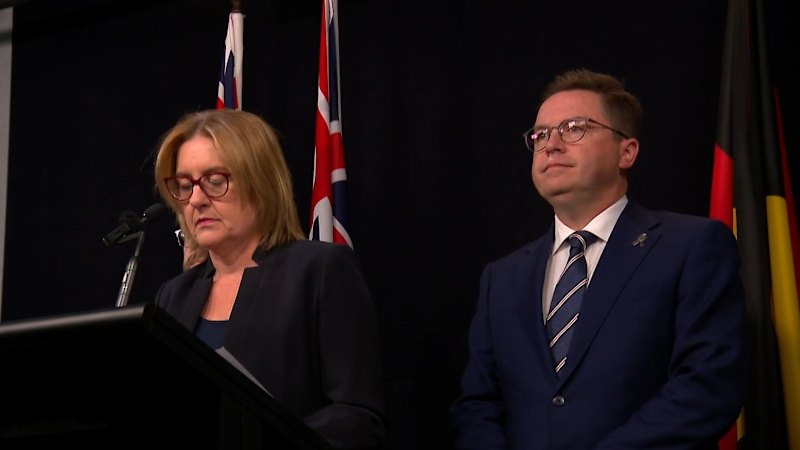
Children as young as 14 years old in Victoria could face life imprisonment under significant reforms to the state’s justice system. The proposals, introduced recently, aim to address rising concerns about youth crime and the severity of certain offenses.
The new legislation, which is part of broader efforts to enhance public safety, will enable courts to try minors as adults in specific circumstances. This shift has sparked intense debate among legal experts, child advocates, and community leaders regarding the implications for young offenders and the justice system as a whole.
Key Aspects of the Justice Reforms
The reforms specifically target serious crimes, including homicide and sexual offenses. Under the new guidelines, offenders who are 14 years or older could potentially serve lengthy sentences, including life imprisonment, if convicted of particularly severe crimes. This move marks a significant change in the approach toward youth justice in Victoria, reflecting a growing concern about the impact of youth violence on communities.
Critics of the legislation argue that attempting children as adults may undermine rehabilitation efforts and fail to recognize the developmental differences between children and adults. Child welfare organizations emphasize the importance of understanding the underlying issues that lead young individuals to commit crimes, advocating for more preventive measures rather than punitive actions.
Public Reaction and Future Implications
The introduction of these reforms has ignited a range of reactions across the community. Supporters argue that stricter penalties are necessary to deter youth crime and protect public safety. They contend that serious offenses should carry serious consequences, regardless of the offender’s age.
Conversely, opponents express concern that such measures could disproportionately affect marginalized communities, where youth are more likely to encounter the criminal justice system. They warn that the focus should be on rehabilitation and support rather than incarceration.
As the legislation moves through the parliamentary process, further discussions are expected to address the potential consequences of these reforms. The government has stated that it aims to strike a balance between accountability and the need for rehabilitation, although the effectiveness of these measures remains to be seen.
In summary, Victoria’s justice reforms represent a significant shift in how the legal system will treat young offenders. As the debate unfolds, the focus will likely remain on ensuring that the rights and welfare of children are preserved while addressing community safety concerns.






